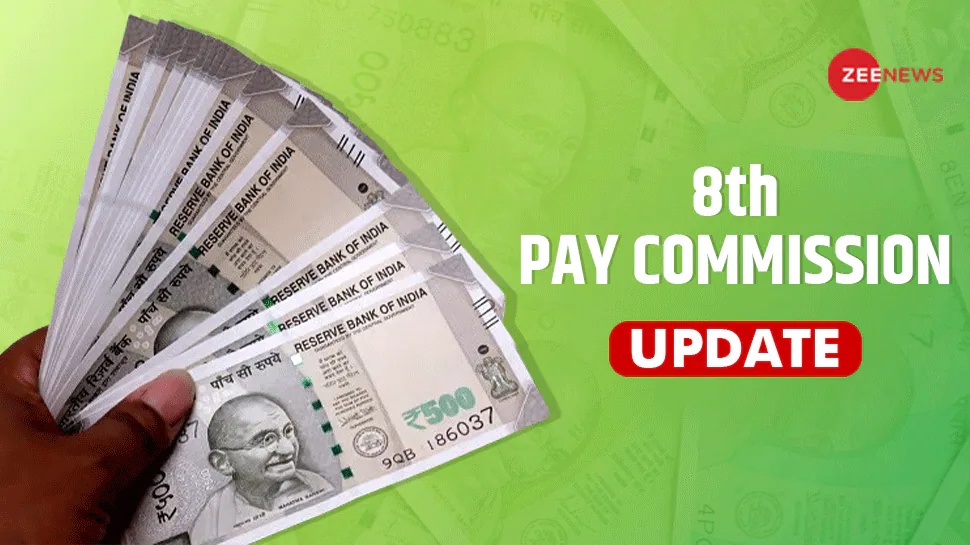
Delayed Formation of 8th Pay Commission Raises Uncertainty for Central Government Employees
The prolonged establishment of the 8th Central Pay Commission (CPC) has left central government employees in limbo, with concerns mounting over potential changes to existing allowances. Originally slated to take effect from January 1, 2026, the commission’s formation has been delayed, with experts suggesting it may not be finalized until the first half of 2027. This delay has sparked fears that several allowances, similar to those abolished under the 7th CPC, could be eliminated in the upcoming review. While the 8th CPC is expected to deliver significant salary hikes, employees remain anxious about whether their current benefits will be retained or replaced. The uncertainty has created a climate of speculation, with many questioning whether the new commission will streamline allowances or introduce additional financial burdens.
Historical Precedent: 7th CPC’s Impact on Allowances
The 7th CPC, implemented in 2016, marked a pivotal shift in the treatment of allowances for central government employees. The commission identified several redundant or overlapping benefits, such as House Rent Allowance and Transport Allowance, and recommended their consolidation or elimination. While the revised framework was approved in 2017, employees faced a two-year gap before receiving the enhanced benefits, resulting in unpaid arrears. This precedent has raised concerns that the 8th CPC may adopt a similar approach, potentially removing allowances deemed obsolete or inefficient. Critics argue that such changes could disproportionately affect lower-income employees, who rely on these benefits for basic living expenses.
Revised Allowance Framework and ToR Delays
The Terms of Reference (ToR) for the 8th CPC, which outline the commission’s scope and recommendations, remain unresolved. Without finalized ToR, employees cannot anticipate whether their benefits will be preserved or restructured. The delay in appointing the commission’s chairman and members has further fueled uncertainty, with some speculating that the new framework may prioritize cost-cutting measures over employee welfare. Industry experts suggest that the 8th CPC may consolidate similar allowances, such as merging pay scales for different grades, to reduce administrative complexities. However, the lack of clarity has left employees in a state of limbo, with many fearing that essential benefits could be sacrificed in the name of fiscal efficiency.
Minimum Wage Reforms and Pay Scale Mergers
A key focus of the 8th CPC’s potential reforms is the revision of the minimum wage calculation model. The NC-JCM, representing central government employees, has proposed adopting a five-unit family model that includes aging parents, moving away from the current three-unit model. This change would account for the financial burden of supporting elderly family members, a responsibility often overlooked in existing calculations. Additionally, the commission may address pay stagnation by merging unviable pay scales, such as combining levels 1 and 2, 3 and 4, and 5 and 6. These measures could streamline the career progression system but may also lead to concerns about reduced financial incentives for employees. The final recommendations will depend on the ToR’s approval, which is expected by the end of August.
Broader Implications for Central Government Employees
The delayed formation of the 8th CPC has far-reaching implications for over 1.2 crore central government employees and pensioners. The uncertainty surrounding allowance changes and pay scales has created a climate of anxiety, with many fearing that their financial stability could be compromised. The commission’s recommendations will not only affect current salaries but also shape long-term career trajectories under the Modified Assured Career Progression Scheme. As the ToR debate continues, stakeholders urge the government to prioritize transparency and employee consultation to ensure that the reforms address genuine financial needs rather than create new challenges. The outcome of this process will determine whether the 8th CPC becomes a catalyst for equitable compensation or a source of further discontent among public sector workers.




